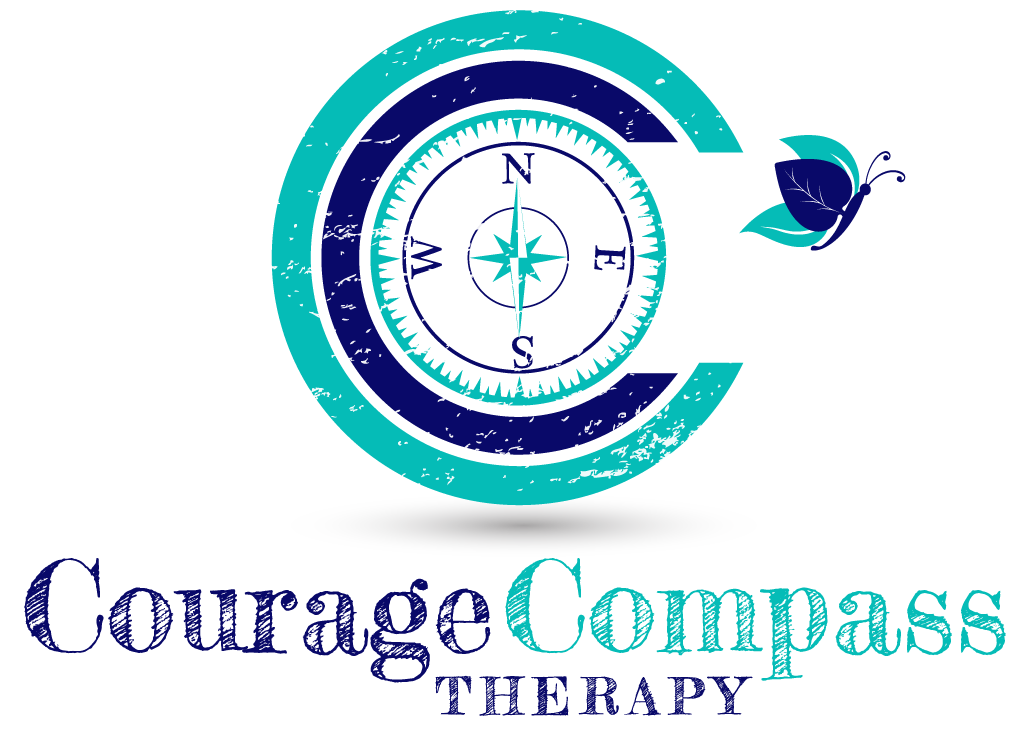When we think of a control freak, we think of someone who has to have it his or her way, who wants things just so. However, control can be so much more illicit than that. Conflict avoidance is control. People pleasing is control. Appeasing is control. Avoidance is control. It is manipulation: trying to dictate others’ behaviors through your own choices to avoid discomfort and conflict like a chess game.
You are not responsible for others’ feelings and behaviors. They are. We grow up believing we are responsible because others blame us for their pain. “It’s your fault I’m mad.” “If you hadn’t done that, I wouldn’t feel this way.” “You made me mad/upset.” “You make me crazy.” → This makes you believe you are in control of others’ emotions, and you learn that you want to avoid the shame results from another’s blame like the plague. You learn to alter your actions to avoid making someone “mad,” and being perceived as a disappointment or an instigator.
This is such a slippery slope. It literally teaches you that you are responsible and have a direct impact on someone’s mood or emotional state. This removes accountability from others and places a ton of responsibility on you. Like… what if you didn’t have to do that anymore?? How much time would you have? How much more room would you have in your mind for you?!
These are some of the casualties of believing we can control others’ emotions and therefore feel okay ourselves:
- Ignoring our own voice and needs
- Erasing our identity to help and please others
- Not knowing our own emotions
- Avoiding our own anger and resentment
- Believing it’s selfish to identify our feelings and express our own needs (It’s not demanding that they are met by the other person, it’s just letting them be known).
- Thinking that we’re never enough if we’re not getting the feedback or results we want from others, so we hustle to get it. People please, perform, perfect, work harder, try harder, be better, etc.
- Using control, manipulation, and operating with the assumption that you can make the other person’s {best they can be} be better for you
What does it actually mean to be out of control? Letting go. Stepping into the vulnerability of uncertainty. Being honest. Believing others are doing the best they can. Setting boundaries. Operating in alignment your values and integrity. You do have control, but it’s of yourself and not others. Being out of control does not mean you are disrespectful, yelling, crying, "having a breakdown," or just experiencing a normal range of emotions.
Brené Brown calls this LIVING BIG from Rising Strong: Living according to your boundaries, integrity, and generosity. What does that mean?
- Boundaries: getting clear on what’s okay and what’s not okay
- Integrity: choosing courage over comfort; choosing what is right over what is fun, fast, or easy; and choosing to practice our values rather than simply professing them
- Generosity: offering the most generous assumption that others are doing the best they can with the tools they have.
These are the barriers to LIVING BIG:
- Perfectionism: If I just hustle more to be better, do more, show them this one thing, then they will want to change in ____ way.
- Avoidance, or fear of grief, sadness: Confronting the reality that someone cannot contribute to the relationship according to your values and needs means potentially losing the relationship and not getting what you want. We hate grief and sadness and want to avoid it at all costs.
- Fear: who will I be, what will I do, what does it even mean to let go of this way of living?
- Self-judgment: Realizing the time you spent trying in the relationship, not standing up for yourself, etc.
Operating under the assumption that others are doing {the best they can with the tools they have} means you have to reconsider the way you are thinking about your interactions with others. This means you accept what they’re putting out there--on the surface, not what you’re making up about their potential. You go by actuals rather than words. Reflect what you see at face value and see what they say. Use the facts to communicate how their actions have impacted you.
People don’t want to accept this part because they’re afraid of the letting go, and what they make it mean: I’m not good enough, I’ve failed, nothing ever works, I can’t live without this person, so I’ll take what I can get. When we give up on or let go of the idea that the other person's best is not benefiting us, we have to confront the emotions that come with that. You accept that your done trying to change it, ask them for something else, or remain in the relationship to try to make them be different, or shape shift yourself until they accept you.
You can ask for change, you can present your feelings and needs, and set boundaries around those. You get to do that; you have that right. It doesn’t mean that you’re unempathic or unresponsive to their reaction; it means you’d like to open a dialogue about how to improve the relationship on both sides. Both people can get more of what they want and need, but each person has to contribute, be open to feedback, take accountability, and be willing to make changes.
Living life on these terms (yours) means that you do have to feel sadness, pain, grief and fear, but you also get the reward of the emotions at the other end: joy, connection, and love. What we all want. If you control freak your way through relationships by avoiding the negative emotions, it will be very hard to feel the positive.

